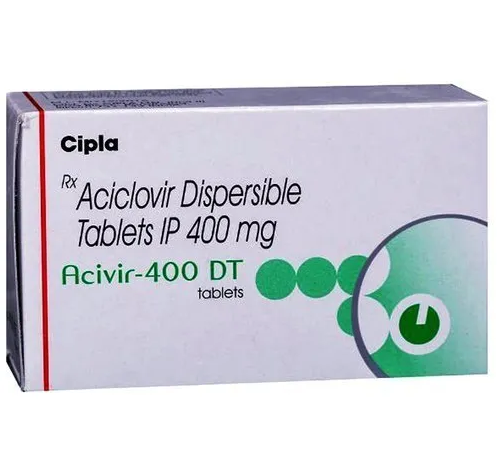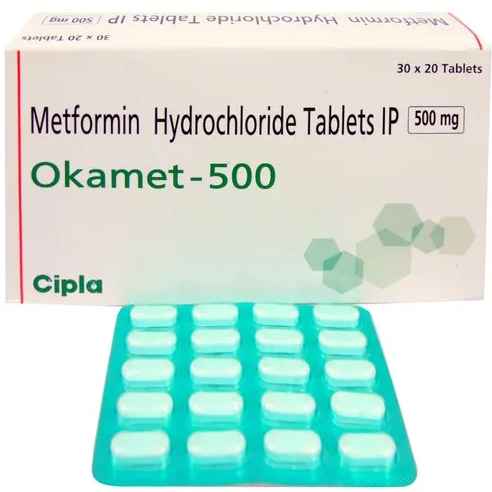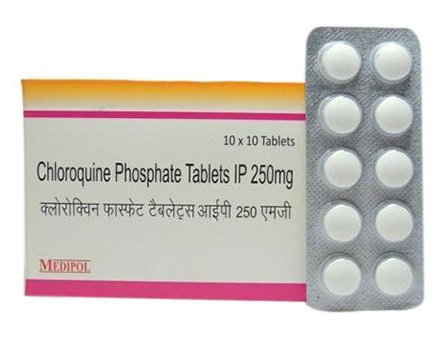Acyclovir cream belongs to the antiviral medication category known as synthetic nucleoside analogues. It is widely used to treat skin symptoms caused by herpes viruses. Acyclovir topical medication works by averting the herpes simplex virus multiplication and spreading of herpes virus in your cells.
Topical Acyclovir is a cream and ointment form of antiviral medication. It can be used any time during an outbreak but the topical treatment works perfectly when started as the initial symptom appear.
Acyclovir topical to treat genital herpes lesions
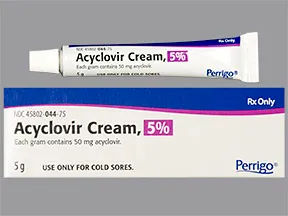
Acyclovir topical cream is prescribed by doctors to treat genital herpes lesions. There is no complete cure for herpes simplex virus but acyclovir topical ointment can prevent symptoms and virus replication.
The herpes virus stays inside your body, once you get exposed to the virus. Herpes virus can wake up at certain time intervals and cause herpes outbreaks. Acyclovir topical is used as an antiviral medicine to reduce the symptoms of herpes virus outbreaks and shorten the duration.
Acyclovir topical is used to treat the initial genital herpes outbreaks. Herpes infections cause cold sores around the genitals and rectum at certain time intervals. Using this ointment will not prevent you from passing genital herpes to other people you come in contact with.
It is essential to stick to safe sexual contact while you are using Acyclovir topical treatment for genital herpes to reduce the risk of spreading the infection to your partner. Avoid sexual intercourse during an outbreak even if you have no symptoms.
Acyclovir topical antiviral treatment for cold sores
Acyclovir topical ointment is used to treat herpes simplex labialis on or around the face and lips. Herpes labialis are blisters or fever blisters caused by the herpes virus. Acyclovir ointment is used in order to treat certain types of sores caused by the herpes simplex virus in patients with the weak immune system.
Acyclovir cream does not completely treat herpes labialis, does not avert future outbreaks and prevent you from developing symptoms in future. It does not prevent the spreading of infection to other people.
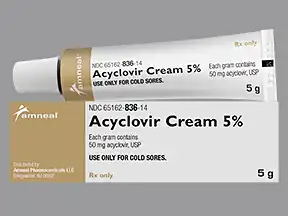
Acyclovir treat cold sores by increasing the healing, and reducing symptoms such as pain, itching, burning, and tingling.
herpes simplex labialis spread easily from an infected person to other people. Acyclovir cream does not prevent the spreading of the herpes virus. So avoid intimate contact with other people such as kissing and hugging during a cold sore outbreak until it heals completely.
Apply the topical medicine only on the outer part of your lips. Do not touch your cold sore and in case you touch the infected areas wash your hands properly to avoid the spreading of infection.
Talk to your doctor before using topical Acyclovir
Let your doctor or pharmacist know if you have earlier experience any allergic reactions to Acyclovir, other medications, or any ingredients in Acyclovir cream or ointment. Discuss about drug interactions.
Talk to your healthcare provider about other antiviral medications, supplements, vitamins, or herbal products you are taking or planning to take. Your doctor may require you to alter the dosage of your medications or monitor you for possible side effects.
Make sure your doctor knows if you are suffering from any other health condition ( HIV or AIDS) that influences your immune system. Tell your healthcare professional if you are planning to be pregnant, pregnant, or breastfeeding your little one.
How to use Acyclovir cream for herpes virus infections
Use the antiviral medicine Acyclovir cream at the first symptom of infection such as redness, burning, or tingling. Read the prescription label carefully and use topical Acyclovir medication as your doctor tells you.
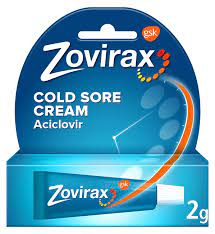
- Wash your hands well with soap and water before and after applying the cream.
- Clean and dry the infected areas before applying the Acyclovir ointment.
- Apply the cream to the infected area and gently rub it until the topical medicine disappears.
- Make sure you apply enough amount of cream to cover the infected areas.
- Leave the affected skin as it is after applying the ointment. Do not cover it.
- Wash your hands well to remove the cream residues left on your hands.
Make sure you do not wash the ointment so do not bathe or get the affected area in contact with water before the cream gets absorbed in your skin well.
Apply Acyclovir topical only on the skin. Do not apply the ointment inside the eyes, nose, mouth, or vagina. In case you by mistake get this ointment to these sensitive areas, flush properly with plenty of clean water.
For using Acyclovir topical cream for genital herpes
- use a rubber glove or finger cot while applying the cream to avoid spreading the herpes virus.
- Apply only enough ointment to completely cover your sores.
- Remove the rubber glove or finger cot and dispose of it safely to make sure it is out of the reach of children.
- Maintain hygiene in the affected area, and keep it clean and dry.
- Wear loose-fitting clothing and avoid wearing tight clothes.
Usually, regular dosing schedule of Acyclovir topical is 5 times a day with a gap of 4 hours for 4 days for sores. Make sure you stick to your doctor’s dosing instructions.
Use acyclovir cream regularly as your doctor tells you to get the maximum benefits. Acyclovir ointment works best when the amount of medication absorbed by your skin remains at a continuous level.
Usual dose for immunocompetent adults
For treatment of recurrent herpes labialis or cold sore in immunocompetent adults the typical dose of acyclovir ointment is apply the cream to affected areas 6 times a day for 7 days. apply the medicine at 3 hours gap.
Acyclovir topical is used for the management of initial genital herpes and in limited non life threatening mucocutaneous herpes simplex virus infections in immunocompromised adults.
The usual dose for herpes simplex labialis in pediatric patients
It is prescribed to use Acyclovir topical for 12 years and above-age children. Usually, it is recommended to apply Acyclovir cream to the affected area such as the face or lips, 5 times a day for consecutive 4 days. It is best, to begin with, Acyclovir topical treatment as soon as you notice the very first sign or symptom of herpes labialis.
Things to remember while using Acyclovir topical
Use the topical antiviral medicine at evenly spaced intervals. Make sure you do not shower, bathe or swim right after applying the ointment in order to avoid washing off the cream.
Do not use other cosmetics, sunscreens, lip balms, or other drugs on infected areas unless your doctor tells you to do so. Do not conceal the affected areas with a waterproof bandage or plastic without consulting your doctor.
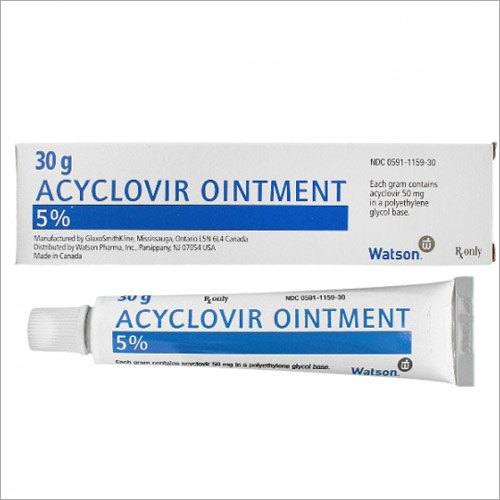
Usually, the symptoms improve with the right use of topical Acyclovir, in case your symptoms do not get better even after the treatment finish or get worse talk to your doctor or seek medical attention.
Apply Acyclovir ointment to your skin only where a cold sore has developed or appears to be formed. Do not apply Acyclovir topical medication to an unaffected area or genital herpes sores.
Precautions to take during pregnancy
It is not clear whether Acyclovir (Zovirax ointment) can harm an unborn baby. However, herpes viruses can pass from an infected mother to a baby during childbirth. If you are pregnant and suffering from genital herpes infection, it is extremely vital to prevent herpes lesions to make sure that your genital lesions are completely healed when you deliver your baby.
If you are an infected mother and breast feeding your baby, you should not do so if you have aherpes lesion on your breast or around your breast area.
Side effects of Acyclovir topical treatment
Like any other drug, Acyclovir topical medicine may also have some side effects. Common side effects of Acyclovir topical medication include
- Cracked, dry, or peeling lips
- Flaking of treated skin
- Burning, itching, or stinging sensation after applying the cream
Severe side effects of this topical medication are hives, rash, itching, difficulty breathing or swallowing, hoarseness, and swelling around eyes, lips, throat, face, hands, ankles or feet, etc.
If you experience an allergic reaction to Acyclovir cream, get emergency medical attention. Topical Acyclovir cream may also cause some other adverse effects. Call your local poison control center if you experience unusual effects.
